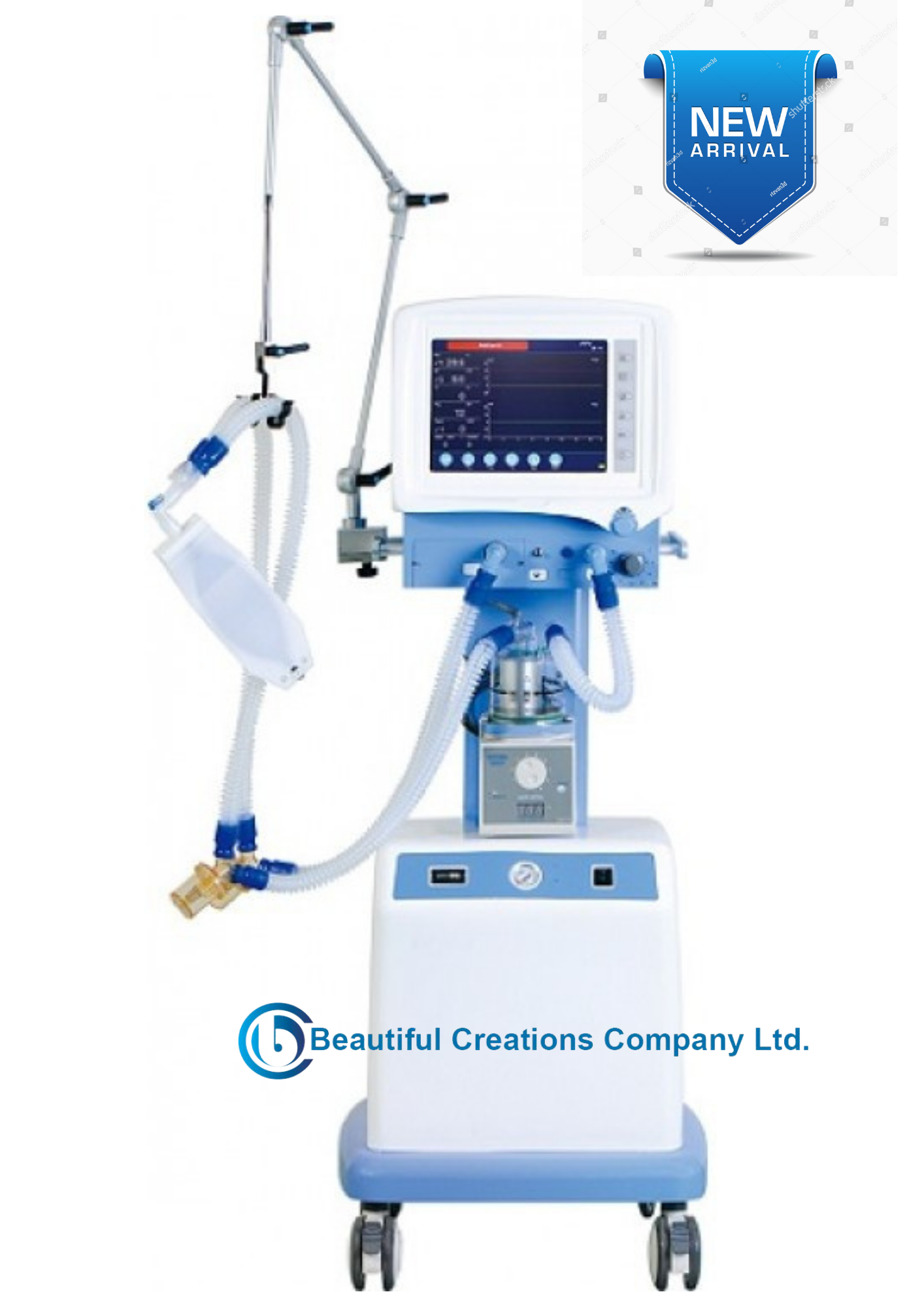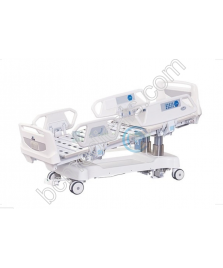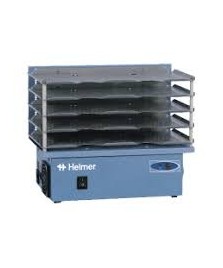
Solid State Device
A solid-state drive (SSD) is a data storage device that uses solid-state memory to store persistent data with the intention of providing access in the same manner of a traditional block i/o hard disk drive.
SSDs are distinguished from traditional hard disk drives , which are electromechanical devices containing spinning disks and movable read/write heads. SSDs, in contrast, use microchips which retain data in non-volatile memory chips and contain no moving parts.
Compared to electromechanical HDDs, SSDs are typically less susceptible to physical shock, quieter, and have lower access time and latency.
SSDs use the same interface as hard disk drives, thus easily replacing them in most applications.
Most SSDs use NAND-based flash memory, which retains memory even without power.
SSDs using volatile random-access memory also exist for situations which require even faster access, but do not necessarily need data persistence after power loss, or use external power or batteries to maintain the data after power is removed.
A hybrid drive combines the features of an HDD and an SSD in one unit. File recovery software can recover files from both SSD, HDD and hybrid drives
-
7-FUNCTION ICU BED
THE LIFECARE LC002C 7-FUNCTION ICU BED.
-
Abdominoplastic Set
Abdominoplastic Set
All instruments are Sterilized
-
Suture Set
Suture Set
All Instruments are Sterilized
-
Lab OverCoat
Lab Overcoat
-
Doctors Coat
Lab/ Doctors Coat Cotton
-
-
Amelux Phototherapy Light System
Amelux Phototherapy Light System
-
IUCD Insertion Set
List of IUCD Insertion Set
All Instruments Set are Sterilized
-
-



















